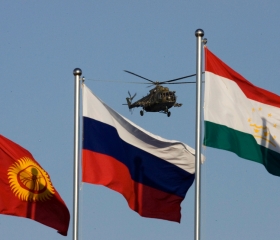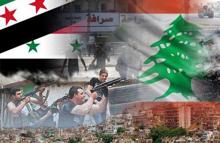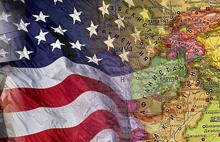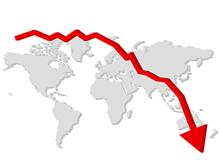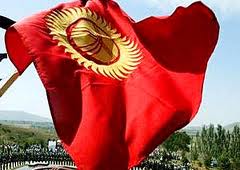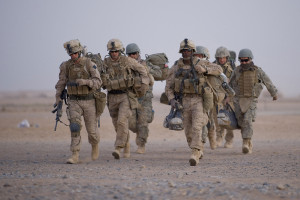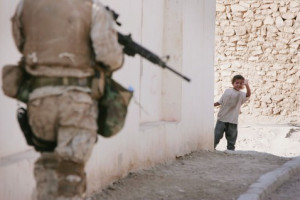Central Asia
04.06.2013
Indirect Action and Soft Power Strategies in Geopolitical Conflicts. (Part 2)
Returning to the use of the Western technologies for “color revolutions” in the post-Soviet space and the Middle East, we see that they are implemented in the following sequence: - In the first phase, the country’s socio-political and economic systems…
31.05.2013
Russia and Iran: the Importance of Friendly Cooperation
For a variety of objective and subjective reasons, the multi-vectored relations between Russia and Iran have been breaking down in recent years. Why is that? We have been so carried away by the international sanctions against Iran’s unproven nuclear ambitions…
30.05.2013
Putin’s Visit to Central Asia
Russian President Vladimir Putin made a quick visit to Central Asia. In Astana, he discussed the future of integration with his Customs Union counterparts — the plans to launch the Eurasian Economic Union in 2015. In Bishkek a day earlier,…
29.05.2013
The Pressure on Syria Is Growing despite the Agreements between Russia and the United States
On May 27, all of the European Union’s foreign ministers gathered in Brussels, where they decided to lift the embargo on supplying weapons to the Syrian opposition. Officially, however, the decision pertains only to individual organizations on the Syrian Opposition…
27.05.2013
Possible Scenarios for Afghanistan and Security in Central Asia
Over the 4-5 years that have passed since the United States and NATO announced their decision to withdraw the bulk of their forces from Afghanistan, uncertainty has become a major challenge for the countries in the region. However, although early…
21.05.2013
Indirect Action and Soft Power Strategies in Geopolitical Conflicts. (Part 1)
The strategies of indirect action and soft power are currently the most effective means of geopolitical struggle used by the ruling circles of the United States to defeat or weaken their actual and potential opponents on the international stage. China’s…
16.05.2013
Will Kyrgyzstan Support Russia in the Voting for the Right to Host Expo 2020
The World’s Fair, or Expo as it is also known, is not just one of the most prestigious international events, it also yields significant economic benefits from the influx of tourists and increased business interest in the region. Yekaterinburg is…
08.05.2013
The Holocaust and Israel’s Denial of the Armenian Genocide
The Holocaust — Nazi Germany’s mass persecution and extermination of Jews — is an integral part of the political rhetoric of Israeli government officials, including, of course, current Israeli President Shimon Peres. Therefore, Tel Aviv’s position on the Armenian Genocide…
03.05.2013
Afghanistan after 2014. Part 2
The Afghan people’s greatest fear is that after foreign forces withdraw the country will again be plunged into civil war. Some analysts are convinced that the Americans are using the Taliban to further their interest in maintaining a long-term US…
30.04.2013
Afghanistan after 2014. Part 1
In February 2013, President Barack Obama once again assured Americans and the international community that combat operations in Afghanistan would cease in 2014. He was talking about the allied NATO forces in that country, which include a large number of…
25.04.2013
Tajikistan, Kyrgyzstan and the Railway Projects
Washington is actively trying to take advantage of the transportation deadlock that Tajikistan and Kyrgyzstan found themselves in after the Soviet Union’s collapse to advance its regional New Silk Road program. It is obvious that the project’s main goal is…
03.03.2013
Islam Karimov’s Currency Reform
Uzbekistan’s rules for buying and selling foreign currencies changed in early February. President Islam Karimov approved a proposal by the Central Bank of Uzbekistan with the decree “Measures on the Further Liberalization of the Procedure for Selling Foreign Currency to…


